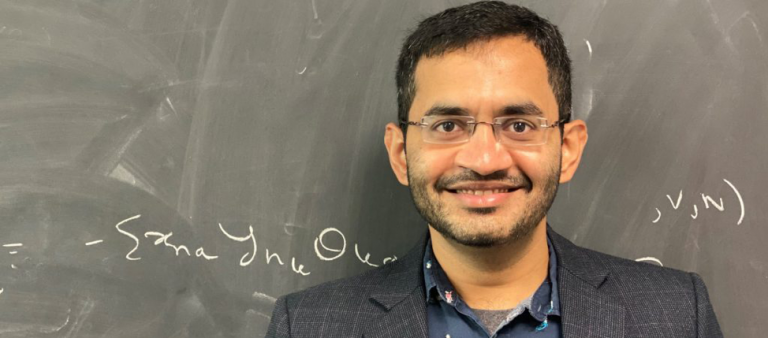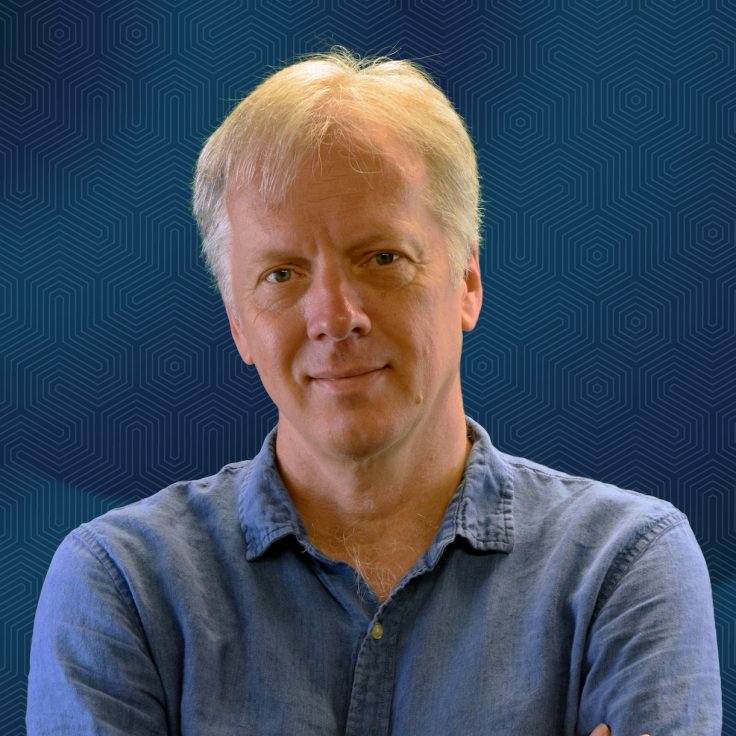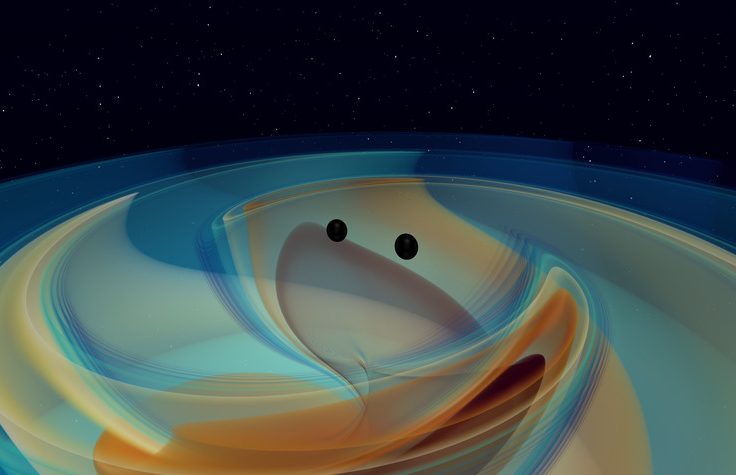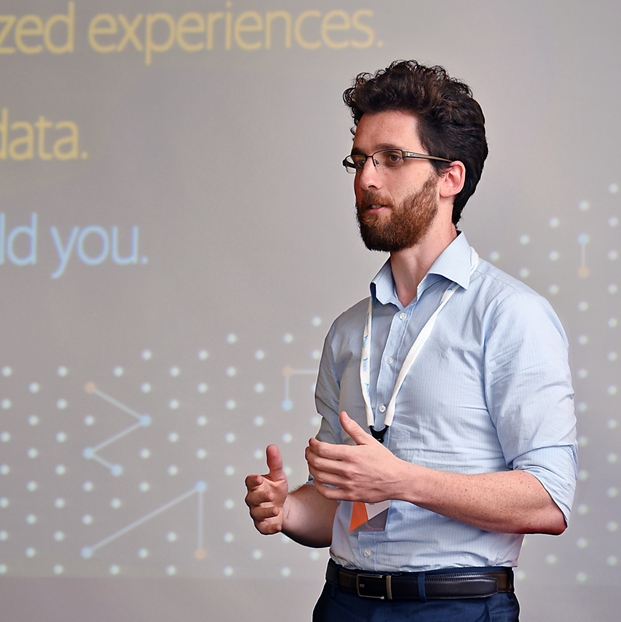Faculty prizes and awards
Peter Hirschfeld wins the John Bardeen Prize
UF Physics Distinguished Professor Peter Hirschfeld is one of three winners of the 2022 John Bardeen Prize. The Bardeen Prize honors theoretical work in the field of superconductivity. The citation for the three winners, Jörg Schmalian, Mohit Randeria, and Peter Hirschfeld, reads:
“For pioneering theoretical work that has provided significant insights on the nature of superconductivity, its realization in strongly correlated systems, and experimental probes of unconventional superconductors.”
Hirschfeld in particular is recognized for “elucidating the roles of electronic structure effects in unconventional superconductors, and for developing key insights connecting the nature of unconventional superconducting gaps to transport, penetration depth, and scanning tunneling microscopy experiments.”
The John Bardeen Prize was established in 1991 by the organizers of the International Conference on the Materials and Mechanisms of Superconductivity (M2S). It is sponsored by the University of Illinois and carries a monetary award.
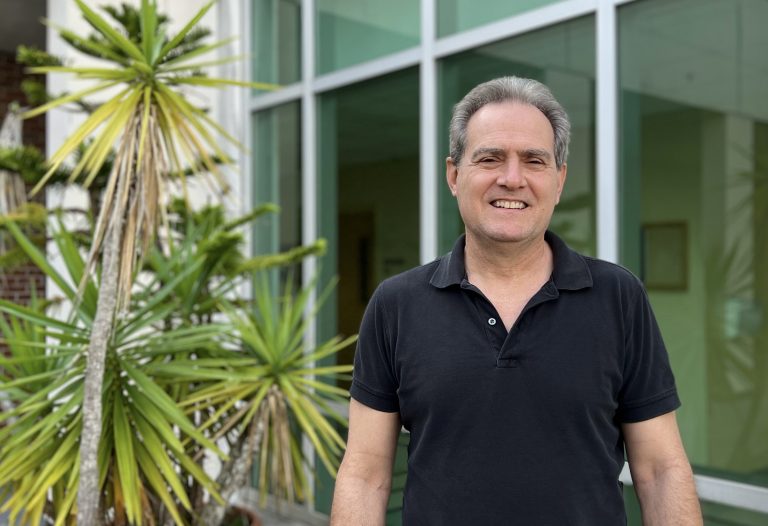
Yuxuan Wang wins the Nevill Mott Prize
UF Physics Assistant Professor Yuxuan Wang has been awarded the Nevill F. Mott Prize. The Nevill F. Mott Prize is an early-career prize awarded by the organizing committee of the Conference on Strongly Correlated Electron Systems (SCES) 2020. Wang is cited “for his outstanding contributions to the theory of strongly correlated electron systems, particularly superconductivity and non-Fermi liquid behavior.”
The prize is accompanied by a cash award and an invitation to speak at the SCES conference.
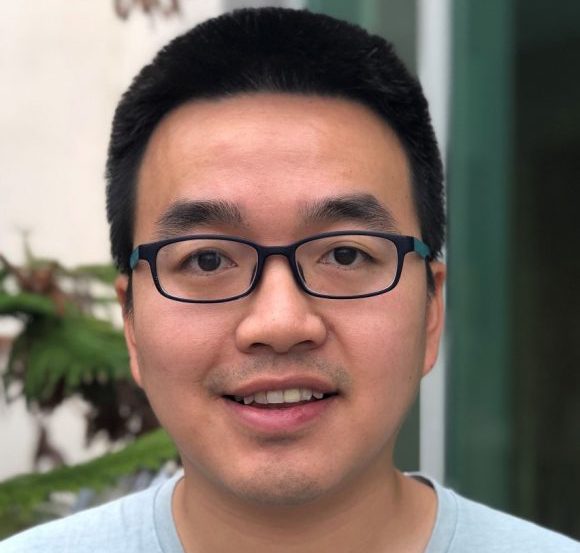
Xiao-Xiao Zhang receives NSF CAREER Award
UF Physics Assistant Professor Xiao-Xiao Zhang has received a National Science Foundation (NSF) CAREER award. Zhang’s project, entitled “Probing exciton-exciton correlations and phase transitions for spin-polarized excitons in monolayer transition metal dichalcogenides,” is funded for five years by the NSF Division of Material Research starting in September 2022.
The NSF CAREER program is a foundation-wide activity that offers NSF’s most prestigious awards in support of early-career faculty who have the potential to serve as academic role models in research and education and to lead advances in the mission of their department or organization.
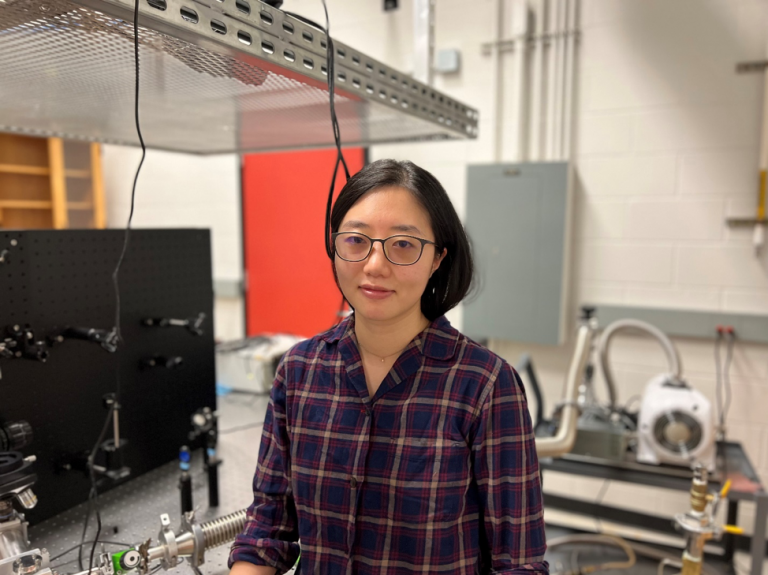
Purushottam Dixit receives NIH MIRA award
UF Physics Assistant Professor Purushottam Dixit has received the highly prestigious Maximizing Investigator’s Research Award (MIRA) from the National Institute of General Medical Sciences, part of the National Institutes of Health (NIH). The award, which grants $1.82 million over five years (2021-2026), will support Dixit’s work on developing machine learning methods to understand the biochemical origins of heterogeneity in cellular signaling networks.
Signaling networks are chemical reaction networks of cellular biomolecules (such as proteins and RNA) that allow cells to interpret extracellular cues and make crucial intracellular decisions. A common feature of all signaling networks is the vast cell-to-cell differences in network response to the same environmental cues. This variability has important biological consequences: for example, resistance to chemotherapy arises at least partially due to variability in signaling. Therefore, identifying the biochemical processes that govern the variable response can help us to exploit it for applications ranging from cancer therapy to tissue engineering. Dixit and his lab will develop novel AI methods to tackle this problem.
The NIH’s early-stage investigator MIRA program supports broad research programs of young investigators through a single grant rather than through individual project-based grants. The goal of the program is to enhance scientific productivity of early-stage investigators by providing stable and flexible support.
